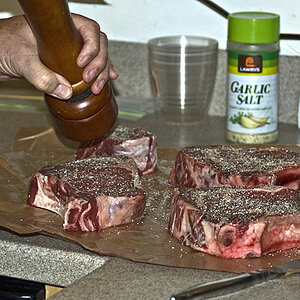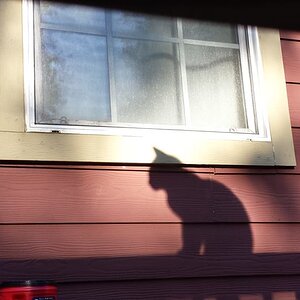Seefutlung
TPF Noob!
- Joined
- Apr 13, 2007
- Messages
- 1,558
- Reaction score
- 62
- Location
- SoCal
- Website
- www.garyayala.smugmug.com
- Can others edit my Photos
- Photos OK to edit
Uh, I'm not sure your statement is correct. Selling it would be commercial... and yeah, I've taken pictures with 50 people in it, and I would have had to gain a release from every one of them if I was using the likeness for commercial purposes. I can proudly display pictures of people on my wall at my home if I like, or publish them on my website, but if it's commercial... bzzt.
This is why you sometimes see people's faces blotted out on television shows... they didn't obtain the release from whatever person was captured.
In the United States, selling the image as 'art' is not considered a commercial use of the image. If you need a link to a recent case ... maybe I'll dig it up. Commercial use, as intrepreted by US law in regards to the 1st Amendment, is in the realm of advertising/marketing.
Trust me, in the case of 50 people taken at an event, if used for a commercial purpose (say Miller Beer) then Miller would obtain permission from the venue and/or event organizers to publish said image.
Gary













![[No title]](/data/xfmg/thumbnail/32/32929-22e23acc63d6ecb25e5ee941be87121f.jpg?1619735758)